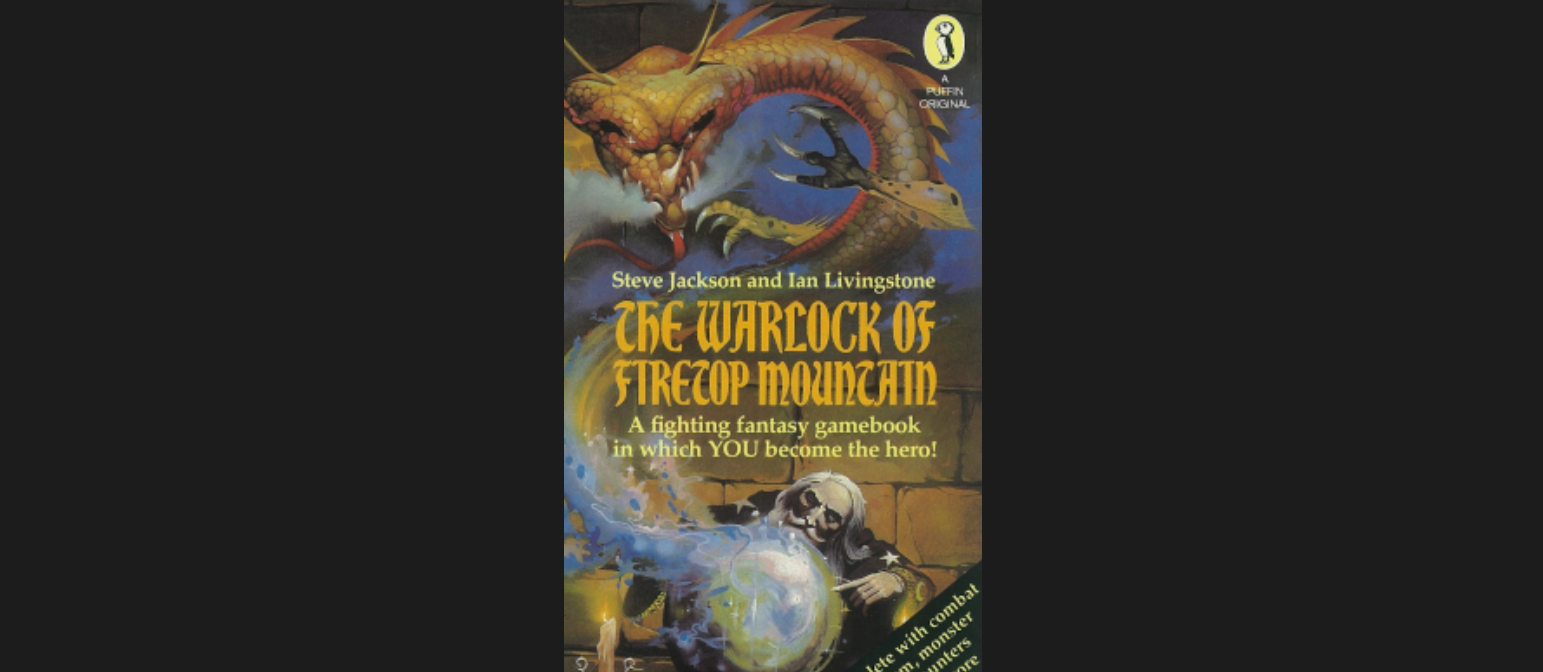Atomic Notes
What I Learned from Bob Doto about Making Effective Notes and Writing a Book
Historian Dan Allosso led a discussion on Bob Doto’s insights on flexible note-taking and writing processes. It emphasised the importance of iterative development and audience engagement. Here are my notes.
Influence is everything: novelty its flimsy dress
This whole article dumbed down by AI summary: Cultural trends often leave behind valuable ideas that merit revisiting rather than being dismissed as unfashionable. And I thought I was being clever.
💬"When you’re writing, you’re trying to find out something which you don’t know. The whole language of writing for me is finding out what you don’t want to know, what you don’t want to find out. But something forces you to anyway." - James Baldwin. Paris Review, The Art of Fiction No. 78. no. 91, 1984.
A search for meaning in the palace of lost memories: Thoughts on Piranesi, a novel by Susanna Clarke
Susanna Clarke’s novel Piranesi has got me thinking about memory, identity, the fallibility of writing, and the paradox that intrinsic value might be created rather than found
💬 “There’s a left-field way of thinking about the world that doesn’t follow the straight path. The route forward doesn’t have to lead in one true direction but potentially many.”
Non-linear narratives inspire non-linear notes.

What I've learned from non-linear narratives
Thoughts on how non-linear narratives have profoundly influenced my reading and writing practices, allowing for a more organic and interconnected approach to storytelling and knowledge creation.
When did you first hear about making notes the Zettelkasten way?
#pkm #zettelkasten #notetaking
Daniel Wisser’s notecards as art and archive
Daniel Wisser’s exhibition in Vienna features 60 index cards with sketches of stories displayed in a note box (Zettelkasten).
What Tim Berners-Lee Has to Teach About Effective Notes
Tim Berners-Lee’s insights on the interconnected nature of knowledge have inspired a flexible, web-like approach to note-making that mirrors my natural thinking rather than some restrictive categorization.
“The rapid passage of time is a complete antimeaning machine. Doesn’t life absolutely require tactical slowing down if a person, even a smart, serious, concerned one, is to find the time and space to make meaning?” - Eric Maisel
Tactical slowing down is great, but then writing slowly is a whole strategy.
Leibniz created a haystack of notes that wouldn't fit in his Zettelschrank
Gottfried Leibniz, a prolific yet disorganized thinker, struggled to manage an overwhelming influx of ideas, resulting in a vast but minimally published literary legacy. Is this a cautionary tale or some other kind of tale? I have an opinion.
Sinister Zettelkasten?
The 2025 Sydney Film Festival program features Jodie Foster’s new film, “Vie privée,” accompanied by a marketing image that evokes mystery with index card boxes in the background.
“You only come to know these things in hindsight – when you look back and see the precarious chain of events, happenstance, and good fortune that led to wherever you are now. Before you reach that point, you have no way of predicting which idea will make a difference and which will die on the vine. That’s why you record them all. No matter how random, how small, how half-baked, how unfinished it may be; if you have a thought, record it right away.” ― Antony Johnston, The Organised Writer.
I found a way to create order from my jumbled ideas
A discussion of the SOLO taxonomy model of learning, which emphasizes the progression from disorganized ideas to structured knowledge through atomic notes and meaningful connections.
“It is surprising how much one can produce in a year, whether of buns or books or pots or pictures, if one works hard and professionally for three and a half hours every day for 330 days. That was why, despite her disabilities, Virginia was able to produce so very much."—Leonard Woolf. Source.
My take: Choose your own race and finish it. The image is an example of how AI already looks unfashionable.

From tiny drops of writing, great rivers will flow
A river is made of water droplets. Breaking large writing projects into smaller parts makes the task more manageable and less daunting. Who knew?
Have you ever read a book by mistake?
Confession time: a mistaken identity led to the discovery of Cynthia Ozick’s novel The Messiah of Stockholm, which I enjoyed despite initially confusing it with a work by Ruth Ozeki.
Writing notes is much more than just writing notes. Done right, it’s a way of working with ideas:
I’m organising my notes right now and stumbled over this quote:
You’re not building a note-taking system, but rather a way to capture, explore, and generate ideas. by Jorge Arango on page 181 Duly Noted
The future of the humanities is wide open
The humanities within universities are facing decline and financial prioritization, yet interest in liberal arts thrives outside academic institutions.
To understand the future of AI, look to the past
The hype about AI isn’t new. In his day, Victor Hugo was breathless about the book.